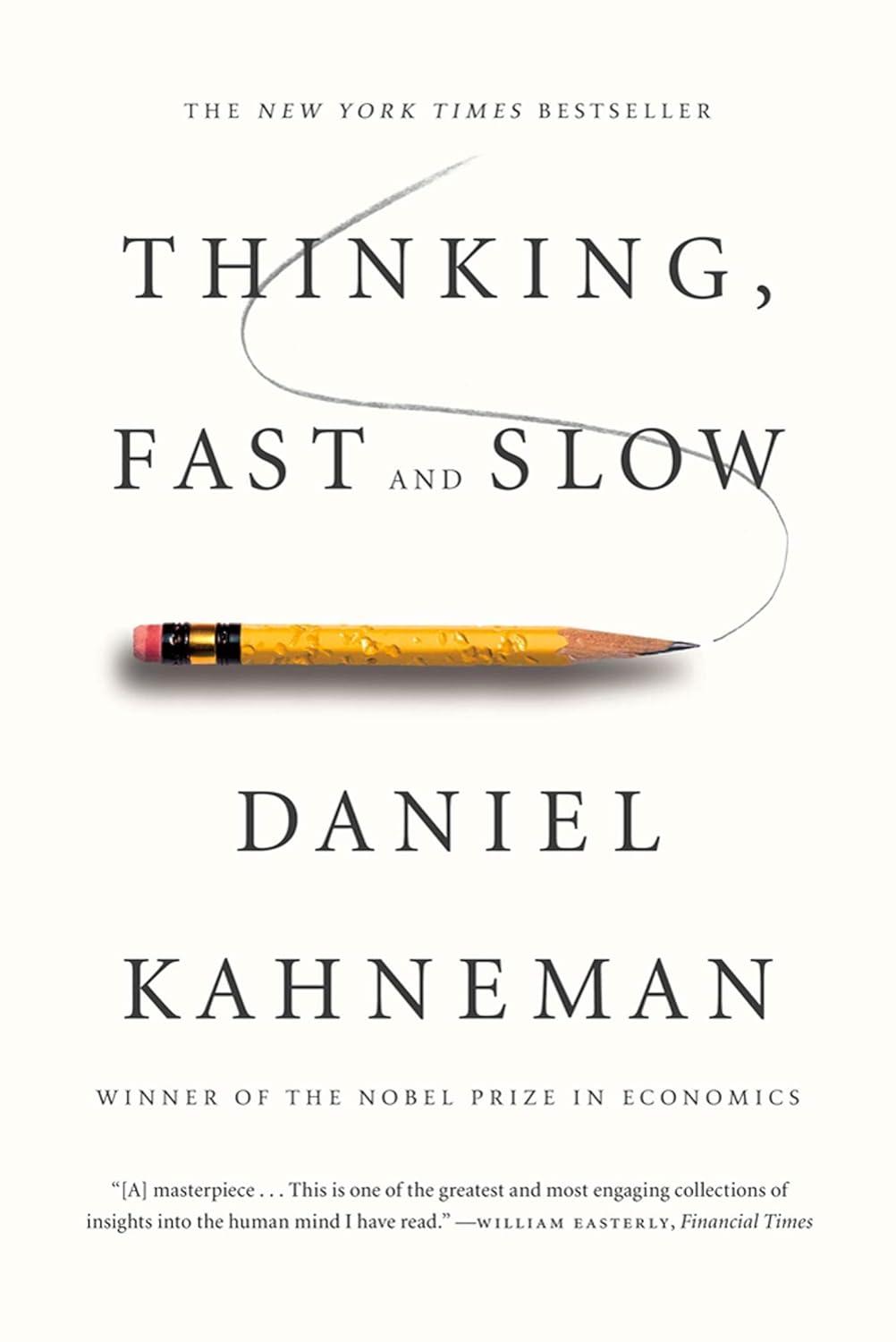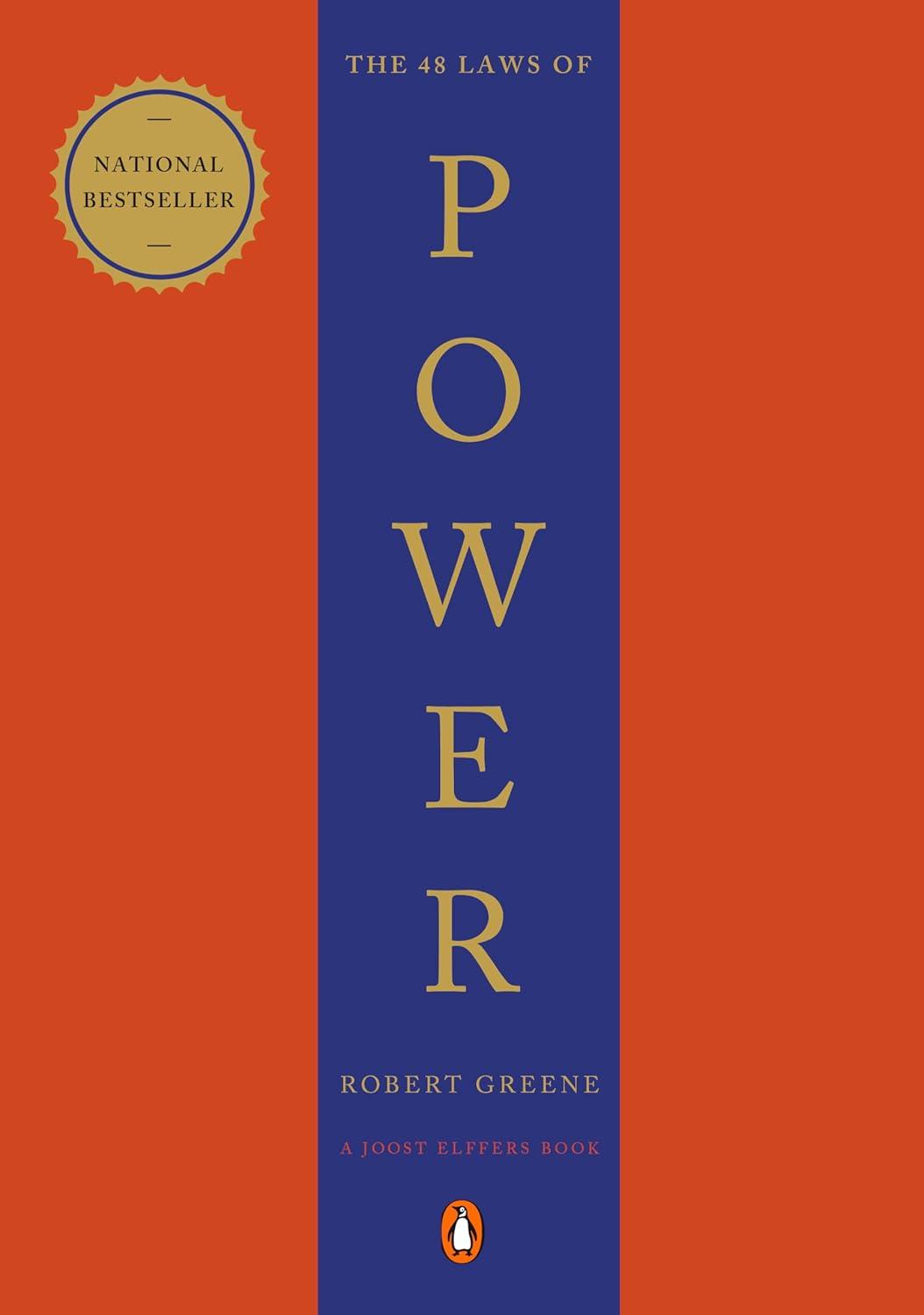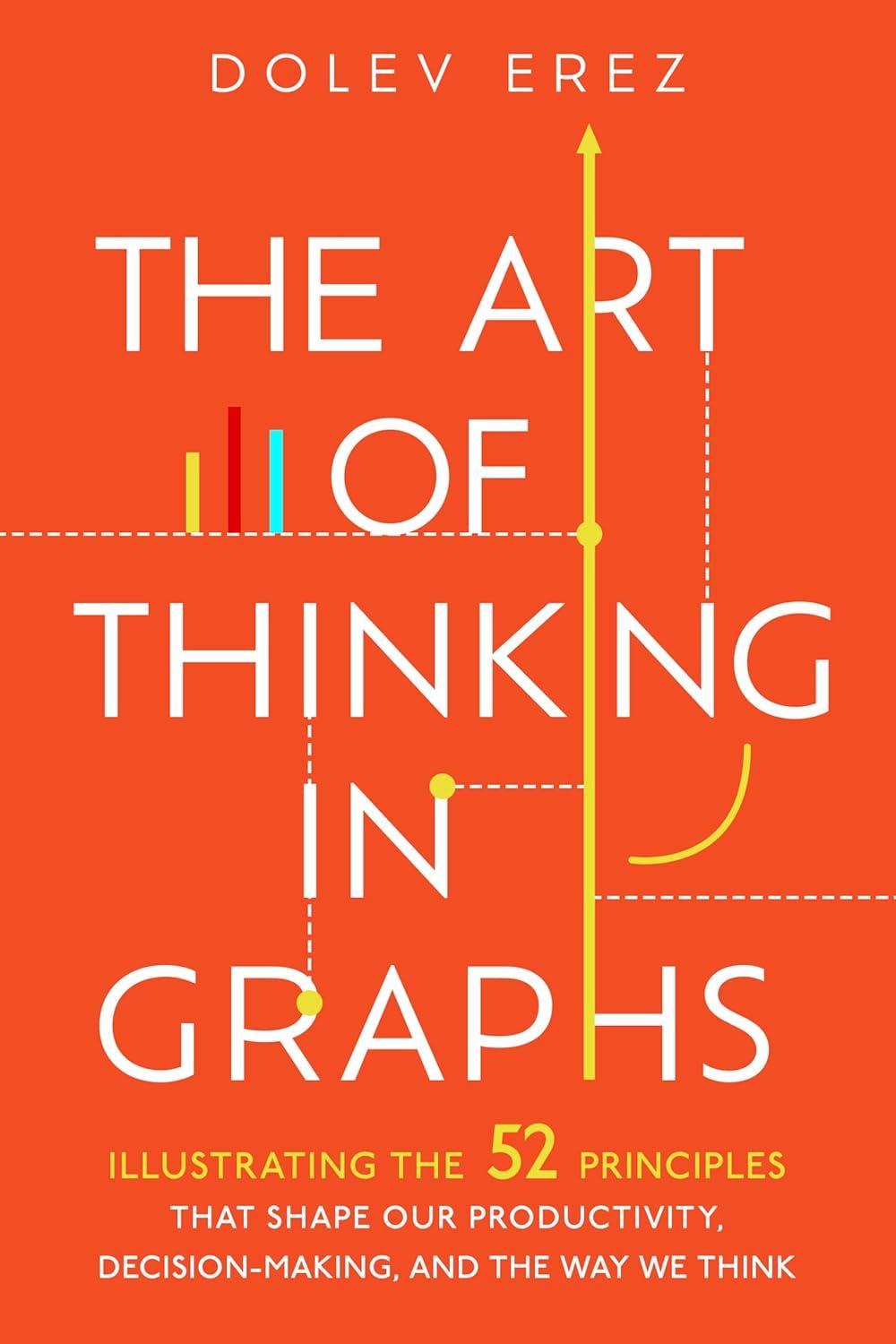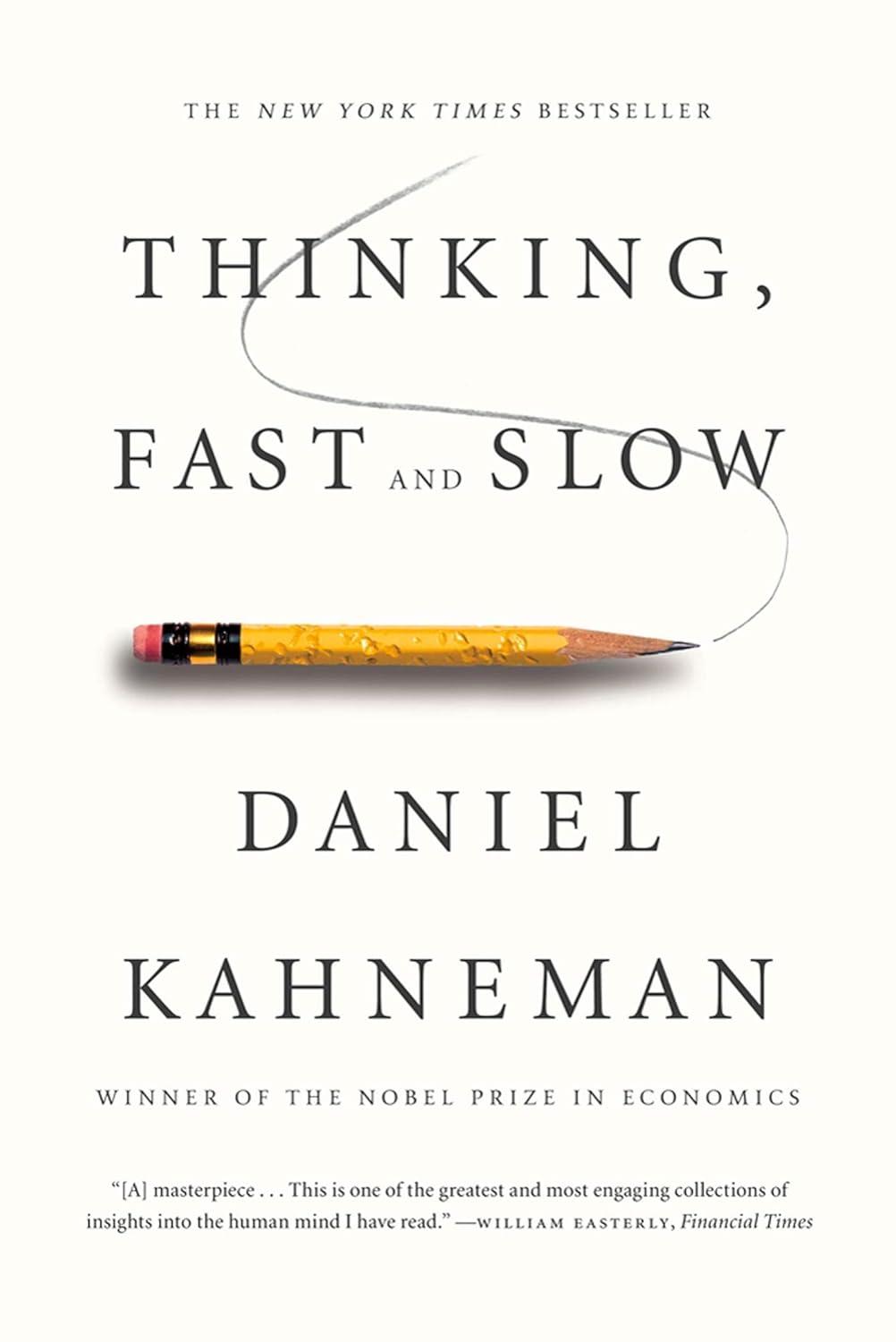
Exploring the Depths of Thinking: Our Review of Kahneman’s Classic
In “Thinking, Fast and Slow,” Daniel Kahneman invites us into the intricacies of human thought processes through a compelling blend of behavioral psychology and cognitive science. As we delved into this masterpiece, we were struck by Kahneman’s ability to distill complex ideas into accessible concepts. The distinction between the two systems of thinking—System 1, fast and intuitive, versus System 2, slow and deliberative—provided us with invaluable insights into our own decision-making behaviors. Throughout our reading, we appreciated the wealth of empirical research that supports Kahneman’s theories, making the content both informative and thought-provoking. This book not only challenges our understanding of how we think but also equips us with practical tools for more mindful decision-making. Overall, “Thinking, Fast and Slow” is an essential read for anyone looking to navigate the complexities of their own mind more effectively.

Exploring Power Dynamics: A Deep Dive into The 48 Laws
In “The 48 Laws of Power,” Robert Greene offers a compelling exploration of power dynamics that is both thought-provoking and practical. As we navigate through each of the 48 laws, it becomes clear that Greene presents a guide not just for gaining power, but for understanding the complex interactions that define human relationships. His historical examples and vivid anecdotes illustrate how these laws manifest in various contexts, from corporate environments to personal situations. While some might view the strategies as morally ambiguous, we find value in their candid portrayal of human nature. Greene prompts us to reflect on our own motivations and the ethical implications of our actions. Ultimately, this book serves as an essential resource for those seeking to enhance their influence while fostering a deeper awareness of the subtle games that unfold in our everyday lives.

Exploring Productivity: Our Review of ‘The Art of Thinking in Graphs
In our exploration of productivity tools, we recently delved into “The Art of Thinking in Graphs: Illustrating the 52 Principles That Shape Our Productivity, Decision-Making, and the Way We Think.” This book offers a unique perspective on the complexities of thought and decision-making through the lens of visual representation. Each chapter focuses on a distinct principle, accompanied by illustrative graphs that help clarify intricate concepts. We found the approach both engaging and accessible, allowing us to grasp the nuances of productivity in a structured manner. While some principles resonated more strongly with us than others, the overall framework encourages a deeper understanding of how we can enhance our thinking processes. This book is a valuable resource for anyone looking to improve their decision-making skills and productivity through visual means.

Our Insightful Review of ‘Thinking, Fast and Slow’ by Kahneman
In our exploration of “Thinking, Fast and Slow” by Daniel Kahneman, we found the book to be a profound examination of the human mind’s dual systems of thought. Kahneman introduces System 1, which operates quickly and intuitively, and System 2, which engages in more deliberate, analytical thinking. We were particularly struck by how the author illustrates the cognitive biases that often influence our decision-making processes, highlighting the gaps between our perceptions and reality. The book is rich with research findings, real-world examples, and thought-provoking insights, making it both informative and engaging. While some sections may be dense, the overarching themes encourage us to reflect on our own thinking patterns and the implications they have on our daily lives. Overall, “Thinking, Fast and Slow” serves as a valuable resource for anyone interested in psychology, economics, or self-improvement.
